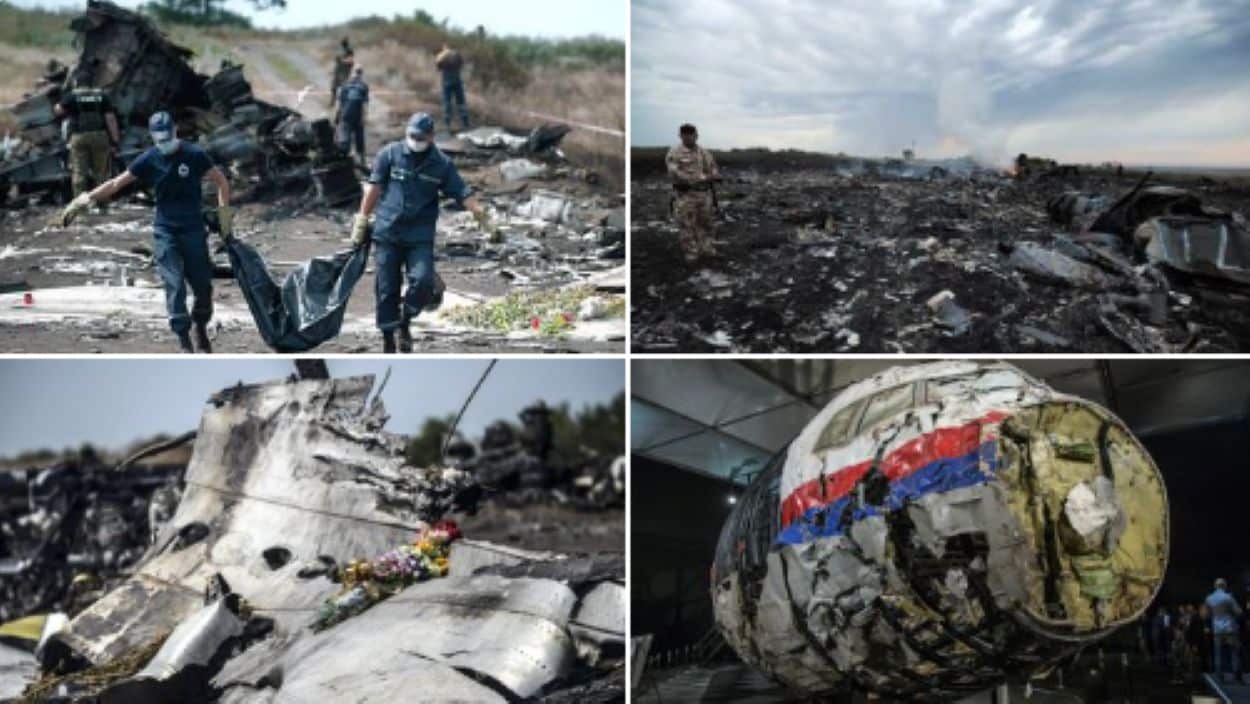On July 9, 2025, the European Court of Human Rights (ECHR) ruled that Russia was responsible for shooting down Malaysia Airlines Flight MH17, killing all 283 passengers and 15 crew members on July 17, 2014. The landmark judgment, delivered in Strasbourg, also condemned Russia for human rights abuses in Ukraine, marking a significant moment in international law.
The ECHR found that a Russian-made Buk missile, fired from separatist-controlled territory in eastern Ukraine, intentionally downed MH17, likely mistaken for a military aircraft. The Boeing 777, en route from Amsterdam to Kuala Lumpur, was destroyed, leaving no survivors. Court President Mattias Guyomar emphasised that Russia’s refusal to acknowledge its involvement violated international law and aggravated the suffering of victims’ families.
The ECHR 501-page judgment criticised Moscow’s failure to investigate, further breaching the European Convention on Human Rights. This ruling aligns with a May 2025 report by the UN aviation agency, which also held Russia accountable. Despite Russia’s 2022 expulsion from the Council of Europe, the ECHR retains jurisdiction over pre-expulsion cases, though Russia’s non-participation complicates enforcement.
A top European court has found Russia was responsible for shooting down Malaysia Airlines Flight 17, as well as taking "obstructive" steps to prevent investigators learning the truth about the tragedy which killed 38 Australian citizens.https://t.co/F3Nx9WZR3m
— Sky News Australia (@SkyNewsAust) July 9, 2025Broader Condemnations: Russia’s Actions in Ukraine
In addition to the MH17 ruling, the ECHR addressed three other cases brought by Ukraine and the Netherlands, accusing Russia of atrocities since 2014. The court found Russia guilty of widespread abuses, including murder, torture, and rape, with sexual violence used as a weapon of war to demoralize Ukrainians, amounting to torture. Russian forces also conducted indiscriminate attacks on civilian infrastructure, killing and wounding thousands without military justification, and engaged in the kidnapping of Ukrainian children, violating humanitarian law. These findings highlight Russia’s systematic breaches of international law, as detailed in the court’s comprehensive judgment.
The ECHR, part of the Council of Europe, serves as Europe’s leading human rights institution. Established under the European Convention on Human Rights, it addresses violations by member states. Russia’s expulsion in 2022, following its invasion of Ukraine, limits enforcement but does not negate the court’s authority over prior cases. The ECHR will determine financial compensation at a later date, though Russia’s withdrawal makes collection unlikely.
Ukraine hailed the ruling as a historic and unprecedented victory, emphasising its significance for justice and accountability in the ongoing conflict. Ukrainian officials view the verdict as a step toward addressing Russia’s actions. In contrast, Kremlin spokesman Dmitry Peskov dismissed the judgment as void, signalling Russia’s intent to ignore the ruling. This defiance underscores the challenges of enforcing international law against non-compliant states.






